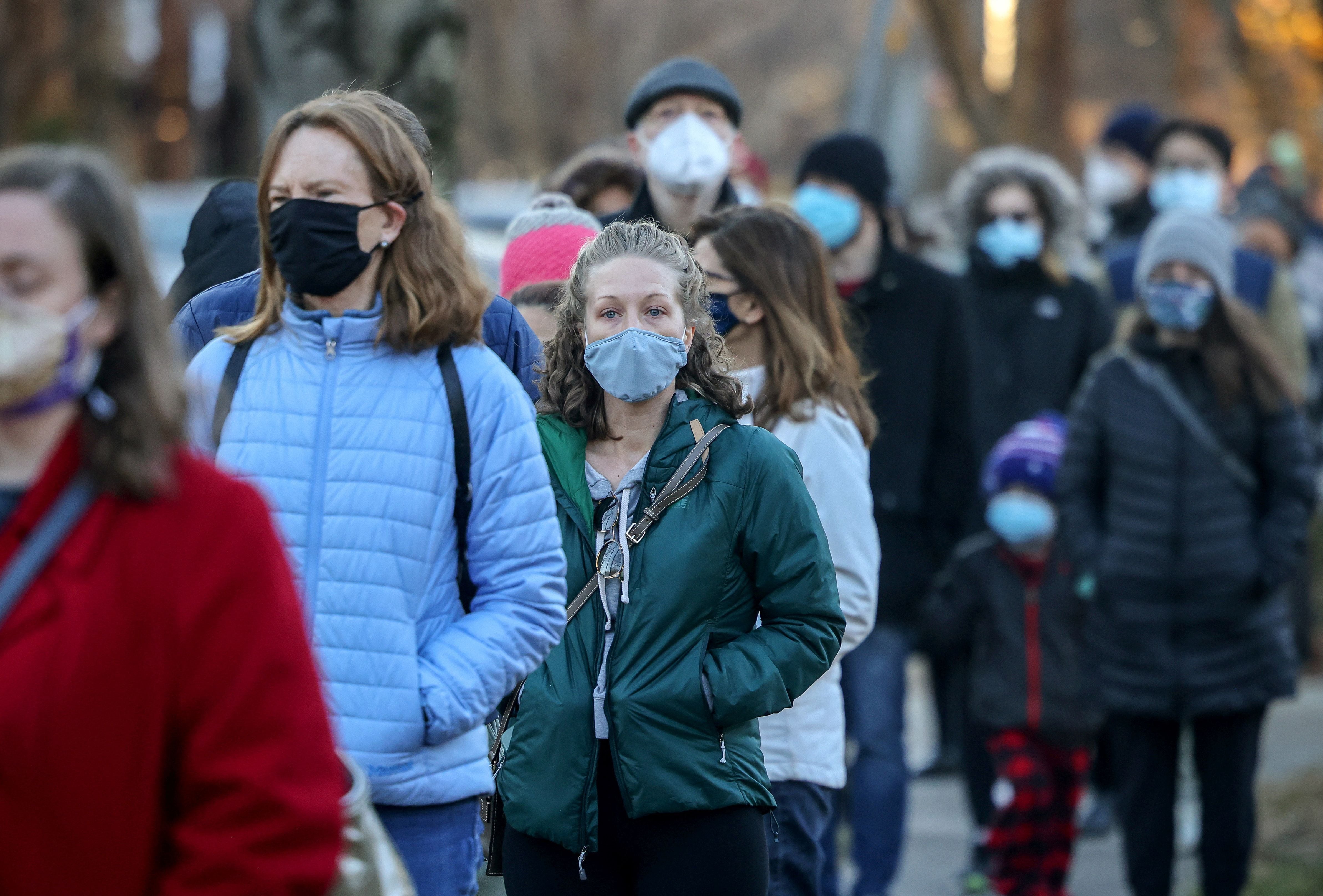
Seven out of ten patients with prolonged COVID experience problems with concentration and memory several months after the onset of their illness, and many perform worse than their peers on cognitive tests, according to studies conducted among twins. Participants carried out multiple tasks to assess their decision-making and memory. These included remembering words in a list and, between two images, which ones appeared together. The findings were published in the journal Frontiers in Aging Neuroscience.
The World Health Organization (WHO) defines long-term or long-term post-COVID-19 or COVID syndrome as “signs or symptoms that develop during or after infection consistent with COVID-19, and continue for more than 12 weeks and are not explained by an alternative diagnosis.”
In studies led by the University of Cambridge, researchers showed that half of patients reported difficulties getting medical professionals to take their symptoms seriously. It was probably because cognitive problems don't get the same attention as lung problems or fatigue.
In a study of 181 patients with prolonged COVID, 78 percent reported difficulty concentrating, 69 percent reported mental confusion, 68 percent mentioned forgetfulness, and 60 percent confessed trouble finding the right word in speech. These self-reported symptoms were reflected in a significantly reduced ability to remember words and images on cognitive tests.

“This is important evidence that, when people say they have cognitive difficulties after COVID, they are not necessarily the result of anxiety or depression. The effects are measurable, something worrying is happening,” said Muzaffer Kaser, a researcher in the Department of Psychiatry at the University of Cambridge and a consulting psychiatrist at Cambridgeshire and the Peterborough NHS Foundation Trust, who participated in the study.
The results revealed a consistent pattern of continuing memory problems in those who had suffered COVID-19 infection. The problems were more pronounced in people whose overall continuous symptoms were more severe. To help understand the cause of cognitive problems, scientists investigated other symptoms that might be related. In that analysis, they found that people who experienced fatigue and neurological symptoms, such as dizziness and headache, during their initial illness were more likely to have cognitive symptoms later on. They also found that those who still experienced neurological symptoms were particularly impaired on cognitive tests.
Specialists noted that their results support other findings that suggest that society will face a “long tail” of occupational diseases due to the prolonged duration of COVID in cases where this ailment presents with symptoms extended over time. “Therefore,” they indicated in their document, “it is important, not only for the sake of people, but also for the sake of society in general, to be able to prevent, predict, identify and treat the problems associated with prolonged COVID.”

“People think that prolonged COVID is just fatigue or cough, but cognitive problems are the second most common symptom, and our data suggest that this is because there is a significant impact on the ability to remember,” Kaser said. “Infection with the virus that causes COVID-19 can cause inflammation in the body, and it can affect behavior and cognitive performance in ways that we don't yet fully understand, but we think are linked to an early excessive immune response,” he added.
“Prolonged COVID has received very little political or medical attention. It is urgent that it be taken more seriously, and cognitive problems are an important part of this. When politicians talk about 'living with COVID', that is, an infection without palliatives, this is something they ignore. The impact on the workforce could be enormous,” concluded Lucy Cheke, a researcher in the Department of Psychology at the University of Cambridge and one of the authors of the research.
KEEP READING
Últimas Noticias
Debanhi Escobar: they secured the motel where she was found lifeless in a cistern

The oldest person in the world died at the age of 119

Macabre find in CDMX: they left a body bagged and tied in a taxi
The eagles of America will face Manchester City in a duel of legends. Here are the details

Why is it good to bring dogs out to know the world when they are puppies



